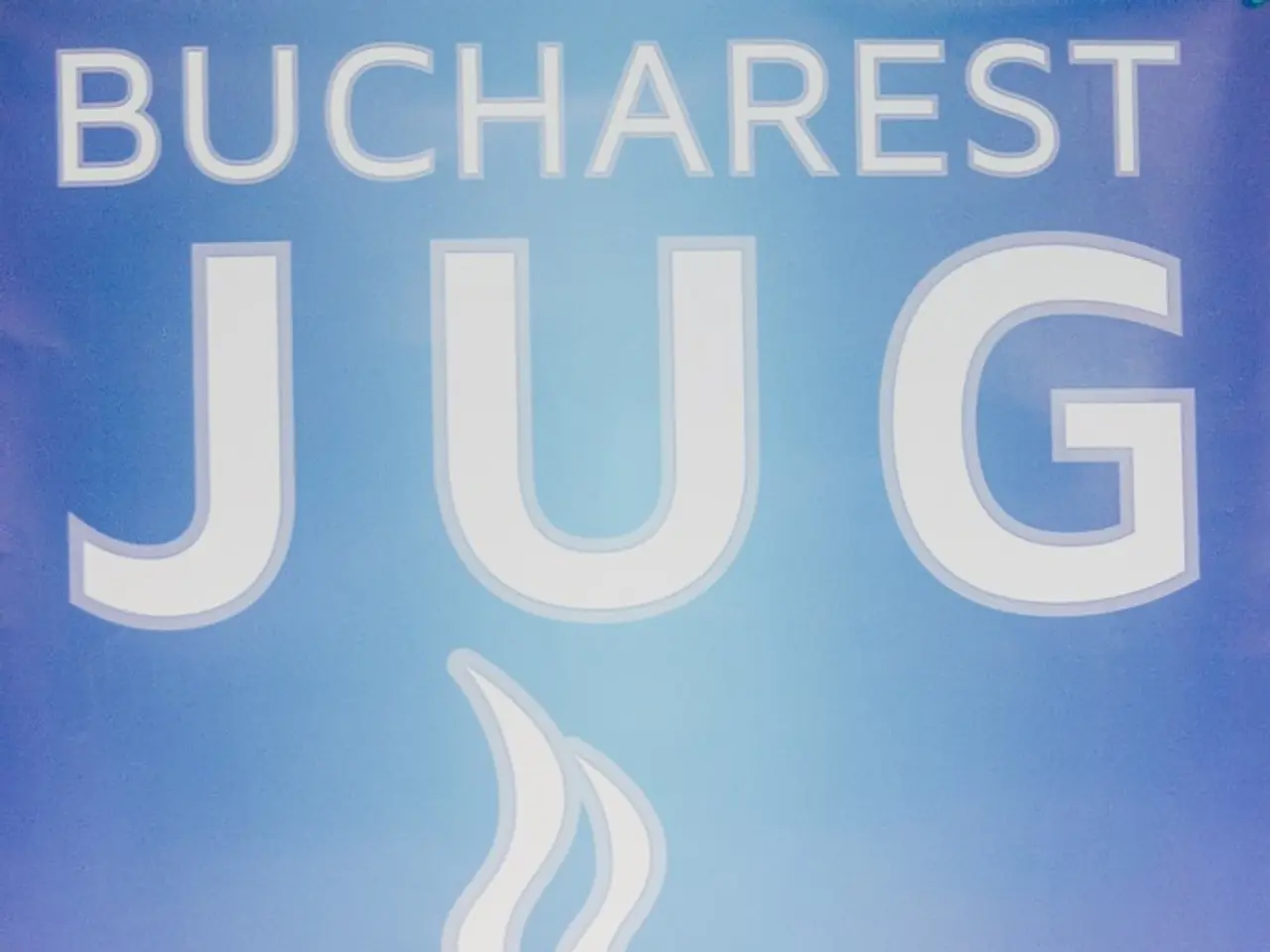France Laments Barrier to Plastic Pollution Treaty Set by a 'Few Nations'
The negotiations for a groundbreaking treaty against plastic pollution, scheduled to conclude on August 14 in Geneva, are facing challenges due to a variety of factors. Agnès Pannier-Runacher, France's Minister for Ecological Transition, has expressed concerns about the difficult nature of the talks.
Pannier-Runacher plans to submit "alternative proposals" in an attempt to break the deadlock. The European Union (EU) is considering leading negotiations on behalf of the Twenty-Seven, forming a coalition with France. However, the negotiations are being complicated by a handful of countries blocking progress.
These obstructionist countries include oil-producing nations, from which plastic is derived, as well as Gulf countries, Russia, and the United States. The coalition of "ambitious" countries, on the other hand, wants the treaty to mention reducing and eco-designing plastic production.
The proposed text of the treaty is intended to be concise, with approximately ten to fifteen pages. Subsequent negotiation cycles would allow for gradual progress on concrete provisions, taking into account the specificities of each country. Unfortunately, the text of the treaty has grown from 300 points to 1,400 points, making it more challenging to address the plastic pollution crisis beyond waste management and recycling within the remaining 48 hours.
The coalition of countries also aims to establish a list of dangerous additives to gradually eliminate and address the issue of funding in the treaty. The UN Secretary-General's statement emphasizes the commitment of all Member States to continue the process, suggesting a unified purpose despite current challenges.
The urgency of addressing plastic pollution is underscored by the fact that global plastic waste is projected to reach significant levels by 2060, with substantial economic and environmental costs. The ongoing engagement of countries in the negotiation process indicates a shared understanding of the urgency and importance of addressing this pressing issue.
Science plays a crucial role in the negotiations against plastic pollution, as environmental science provides insight on the impact of plastic on the environment and offers solutions for reduction. Given the complexities of the talks, policy-and-legislation in environmental science could be instrumental in devising effective policies.
The ongoing climate-change event underscores the need for immediate action regarding plastic pollution. The negotiations have been extended beyond the initial deadline, suggesting that politicians recognize the gravity of the situation and are committed to finding a solution.
The proposed treaty should focus on general news related to plastic pollution, such as the significantly increasing levels of global plastic waste by 2060 and the severe economic and environmental costs associated with it. Inclusion of provisions addressing dangerous additives and funding in the treaty would not only facilitate the movement towards a plastic-free future but also serve as a relevant news topic for the public.







